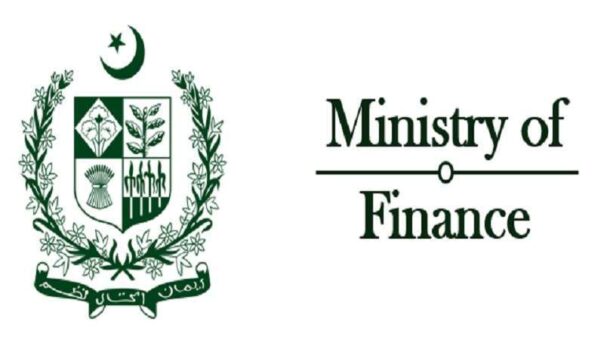Pakistan’s fiscal deficit surged to an unprecedented level of 8.9 percent of Gross Domestic Product (GDP) during the fiscal year 2018-2019, as per the latest data released by the federal finance ministry on Tuesday.
According to analysts at Topline Securities, the government recorded a fiscal deficit of 3.9 percent of GDP in the fourth quarter of fiscal year 2018-2019, pushing the full-year deficit to 8.9 percent, amounting to Rs3.4 trillion. This marks a sharp rise compared to the 6.6 percent fiscal deficit, or Rs2.2 trillion, recorded in the previous fiscal year 2017-2018. The last time such a high deficit was witnessed was in fiscal year 2011-2012, when it stood at 8.8 percent.
Analysts noted that the actual fiscal deficit figures deviated significantly from the revised estimate of 7.2 percent, which had been projected by the government in the 2019-2020 budget. The key factor contributing to this shortfall was the Federal Board of Revenue’s (FBR) inability to meet its tax collection target. The FBR managed to collect Rs3.8 trillion, falling short of the revised estimate of Rs4.1 trillion.
Furthermore, the rising fiscal deficit was exacerbated by soaring interest expenses, which reached an all-time high of 47 percent of tax revenues, a significant increase from 34 percent recorded in the previous fiscal year. Experts attribute this surge to rising interest rates and increased government borrowing from banks to bridge the fiscal shortfall. The reliance on borrowing to manage fiscal imbalances further strained the country’s financial position.
The finance ministry’s statistics reveal that Pakistan’s total revenue for fiscal year 2018-2019 stood at Rs4.9 trillion, whereas total expenditures escalated to Rs8.345 trillion, leading to a widening fiscal deficit. With a GDP size of Rs38.559 trillion for the year, the budget deficit of Rs3.44 trillion, equivalent to 8.9 percent of GDP, highlights the mounting fiscal challenges facing the economy.
The persistent increase in the fiscal deficit underscores the need for structural reforms to enhance revenue collection and rationalize expenditures. Without corrective measures, the country’s fiscal health may continue to deteriorate, placing further strain on economic stability.
